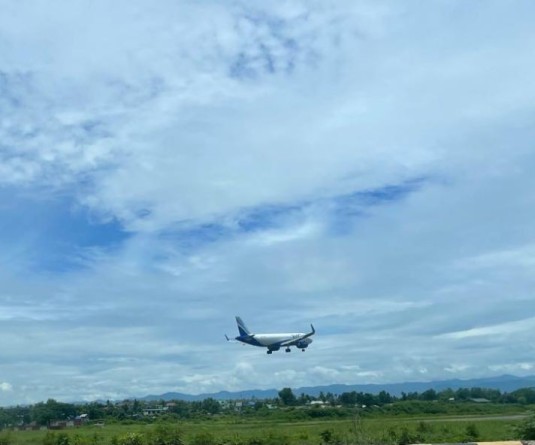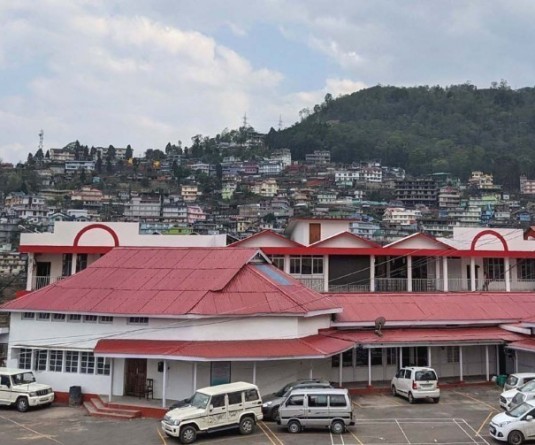
Our Correspondent
Kohima | September 2
A Pongshi Phom, MLA, today made suggestion to the state government to form a State GST Grievance Redressal Committee comprising government representatives, trade bodies, tax practitioners and professionals.
“Such a committee could hold consultative meetings at least quarterly to reflect the views of the state and its people on GST, and to bring forward grievances and suggestions for improvement,” Pongshi said while raising the matter on deduction of Goods and Services & Tax (GST) during Zero Hour at the 7th session of the 14th Nagaland Legislative Assembly (NLA) here in Kohima.
He maintained that GST was introduced and implemented by the Government of India along with the States and UTs in July 2017. Since then, the motto of "One Nation, One Tax" has been achieved, as GST has replaced multiple taxes and removed the cascading effect of tax- on- tax.
“For Nagaland, GST is the backbone of state revenue and a major source of income,” he said.
He said that Nagaland has the potential to develop industries in food packaging, such as pickles, juices, and bio-fuels. This will not only make us self-reliant but also create employment opportunities and increase GST revenue through export to other states and countries.
Pongshi said that Nagaland have seen a sharp difference between the earlier VAT collections and the present GST collections, which have increased significantly in recent times. Nagaland's Goods and Services Tax (GST) revenue recorded a remarkable rise with 104% Year-On-Year growth in June 2025, following strong growth of 43% in April and 44% in May 2025.
The State Tax Department attributes this surge to internal reforms, skill development, enhanced enforcement measures, and improved compliance by the business community.
He opined that Nagaland can further enhance revenue collection by implementing and creating awareness in the following areas: 1. GST on Commercial Rent (18%): Very few people in Nagaland are aware that 18% of GST is applicable on commercial rent. By encouraging proper compliance, the state's revenue can increase significantly. 2. GST on Sand and Stone Chips (5%): In most cases, GST invoices are not issued for sand and stone chips. Ensuring billing and compliance in this sector can boost revenue. Unauthorized Transporters: Strict checking should be enforced on transporters who bring goods without proper documentation, as this leads to leakage of state revenue.
Stressing on the need to make amendment in GST law, he said that revision is crucial to support young and first-generation entrepreneurs in our state.
He said that the Government departments are also under the purview of GST, either directly or indirectly.
Departments are required to deduct 2% TDS (1% CGST & 1% SGST) on work and supply orders above Rs. 2.5 lakhs.
Now, in this regard, the concerned DDOs must ensure that GSTR-7 (monthly TDS return) is filed on time, so that, suppliers and contractors do not face unnecessary difficulties.
The DDO's must ensure that TDS returns are filed promptly before demanding a TCC from contractors, he said.





